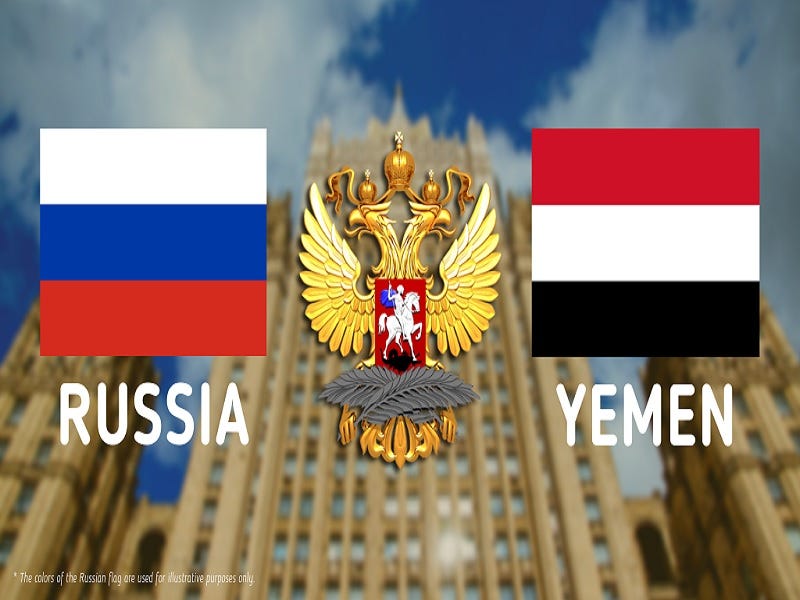Russia is much closer in all regards with the Houthis’ enemies in the internationally recognized Yemeni government and their dual Saudi-Emirati allies.
The Wall Street Journal’s (WSJ) report that former Russian arms trafficker Viktor Bout has been trying to broker a $10 million small arms deal with the Houthis is challenged by Russia’s plans to reopen its embassy in Yemen next year, but in the interim capital of Aden, not the official Houthi-controlled one of Sanaa. State news agency Saba reported on this decision late last month after Deputy Chairman of the Presidential Leadership Council Tareq Saleh praised Lavrov for it during their meeting in Moscow.
The WSJ’s report was preceded by speculation over the summer that Russia plans to arm the Houthis with anti-ship and/or anti-air missiles as revenge for the US arming Ukraine. The reason why this was always dubious though is because Russia has officially condemned the Houthis for blockading the Red Sea, is close with Saudi Arabia against whom those arms could be used in the future, and has cultivated excellent ties with Yemen’s internationally recognized government. Here are some background briefings:
* 4 January: “Russia’s Condemnation Of The Houthis' Maritime Attacks Discredits A Popular Narrative”
* 2 February: “Regional Crises Offer Unique Strategic Opportunities for South Yemen”
* 5 May: “Russian Investments in Yemen Could Incentivize Moscow to Mediate a Resolution to its Conflict”
* 3 July: “Fake News Alert: Russia Isn’t Arming The Houthis”
* 5 August: “Was Russia About To Arm The Houthis Until Saudi Arabia Intervened?”
This insight leads to three mutually exclusive explanations for the WSJ’s report: 1) it’s fake; 2) there are actors within the Russian state that operate “autonomously” of the Kremlin (likely connected to one of its security services or a hardliner faction therein if true); or 3) the Kremlin is double-dealing. The first is the most likely; the second is possible but would hint at “deep state” disunity with all that ominously entails; while the third is unlikely since Russia would lose their trust after they figure out its game.
The Alt-Media Community should therefore assume that the WSJ’s report is untrue and instead rely only on the facts when discussing Russian-Yemeni relations. The Kremlin has political ties with the Houthis but opposes their blockade of the Red Sea. It’s also much closer in all regards with the Houthis’ enemies in the internationally recognized Yemeni government and their dual Saudi-Emirati allies. After all, it plans to reopen its embassy in the interim capital of Aden and not Sanaa, which says all that’s needed.





Thanks again for setting the record straight. Too much fantasy and wishful thinking is doing the rounds on the internet, and that is not helpful.
Houthis are still non state actors. They are powerful but not in political standing. Afghan Taliban was the same way until they took over the political mantle after taking over the government. Now Russia recognises them as state actors and not terrorists.